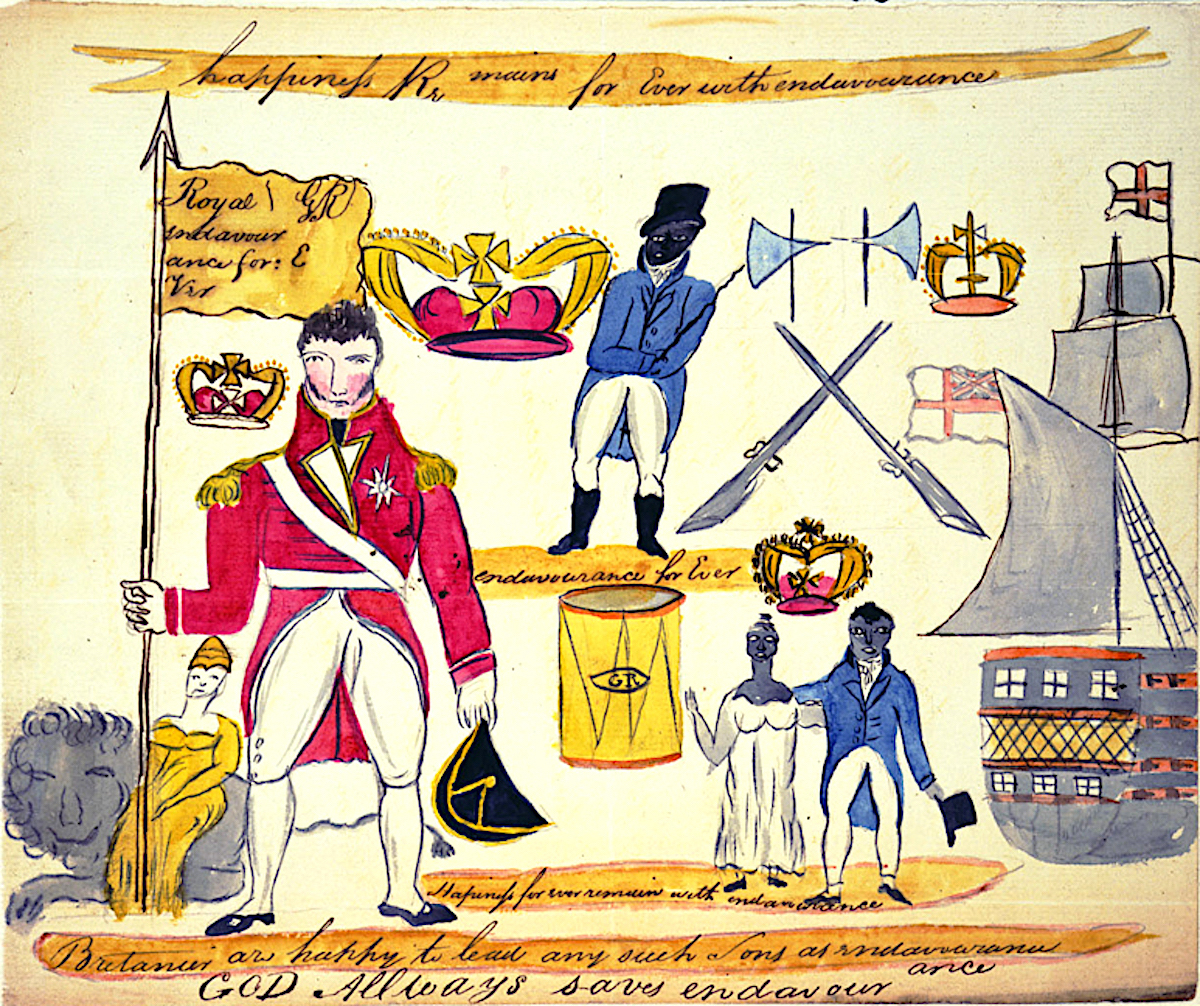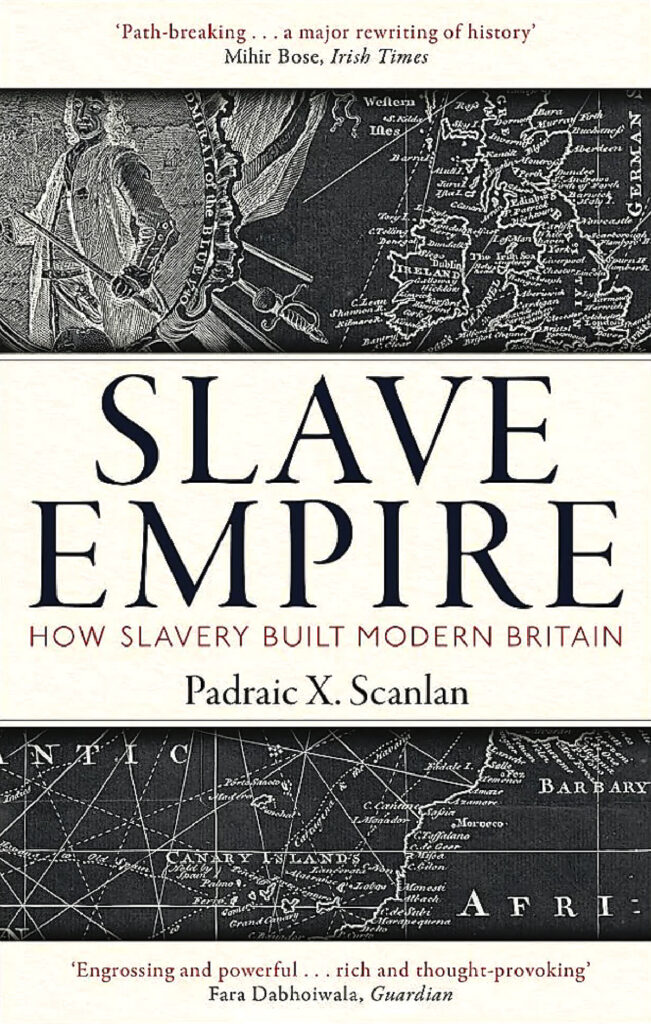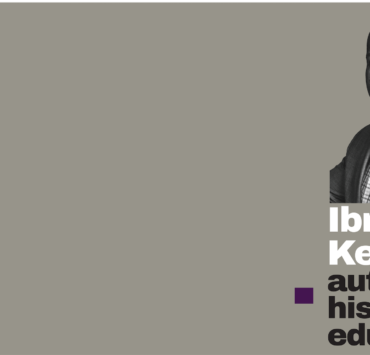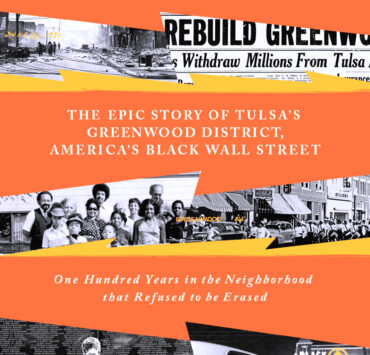
Reviewer Prologue: Britain Queen Elizabeth died on September 8, 2022. She was Britain’s longest-ruling Monarch. In response, Kenyan writer and Cornell professor Mukoma Wa Ngugi: “If the queen had apologized for slavery, colonialism, and neo-colonialism and urged the crown to offer reparations for the millions of lives taken in her/their name, then maybe…I would feel bad. As a Kenyan, I feel nothing. This theater is absurd.”
In Slave Empire, Padraic X. Scanlan makes the compelling case that British profits from the slave trade and plantation development and operations enabled it to become a colonial and then a neocolonial empire unprecedented in modern history. Scanlan is an Assistant Professor at the Centre for Industrial Relations and Human Resources at the University of Toronto. His research focuses on free and enslaved labor in Britain and the British empire during the eighteenth and nineteenth centuries.
Britain’s Commonwealth currently consists of 56 countries, the vast majority of which were former British colonies. Charles III is still king of fifteen member states.

The British enslavement of people has a lower profile in the United States for several reasons. The foremost reason is that Britain fought no civil war to free them. Second, the British ended slavery over thirty years before the U.S. did so. Third, the vast majority of the British slave trade and plantation development occurred not in North America but the Caribbean. Before the British slave trade ended in 1807, British ships had carried 2.5 million enslaved souls to the Caribbean to work principally on sugar plantations.
As these plantations expanded, the Caribbean became a zone of imperial wars and insurrection for almost the entire eighteenth century. Scanlan observes that “wars between empires led to a permanent militarization of the British slave empire. Slavery made the Caribbean profitable; profits provoked wars; wars ended in conquest; conquest led to new plantations and more slavery.”
As the number of enslaved people grew, heightening fears of insurrection, many plantation owners returned to Great Britain and managed “in absentia.” Rebellions in Barbados and British Guinea gave them pause, but when enslaved people in Saint-Dominque drove enslavers into exile, and Hatti declared independence in 1804, Britain began to rethink its policies.
The Slave Trade and enslaved labor working in the sugar plantations became a significant issue. As a result, Britain began experimenting with a policy of “amelioration,” thinking that if they modestly improved the lives of enslaved people, they would be less likely to rebel. Plantation slaveholders gave lip service to the new policy but did little to make life more bearable.
The profits from the transatlantic slave trade and sugar plantation production were enormous. So much so that when slavery was abolished in 1833, the British government could pay £20 million in compensation to slaveholders. But, of course, the government didn’t actually pay enslavers. Instead, the enslaved people paid their owners from sugar cane profits they harvested through their toil and suffering.
But the slaveholders weren’t finished yet. As a condition of the 1833 Emancipation Act, enslaved people were forced into “apprenticeship,” requiring “people who had been enslaved to work for people who had claimed to own them for as long as an additional six years,” the author noted. Finally, in 1838 over 800,000 people were freed.
But Britain, in the first few decades of the nineteenth century, began to think about and debate how to transition successfully out of slavery but hold onto the benefits and the empire slavery was successfully building. Political economists believed cheap wage labor and free trade could “produce raw materials for the world market much as slaveholders had done.” Liberals supported abolition and “were certain that free labour would always be more profitable than enslaved labour.” The business model would continue to exploit labor as it always had done. British business people were convinced it was sustainable because they were already beginning to accumulate great wealth through inexpensive labor and free trade in the on-going industrial revolution in Europe.
The 200 years of Britain’s human bondage and the successful conversion of its business model using exploited labor and free trade would enable another 200 years of “imperial violence and colonial rule,” Scanlan wrote.
“The money, power, and territory that slavery had claimed endured,” he concluded.









